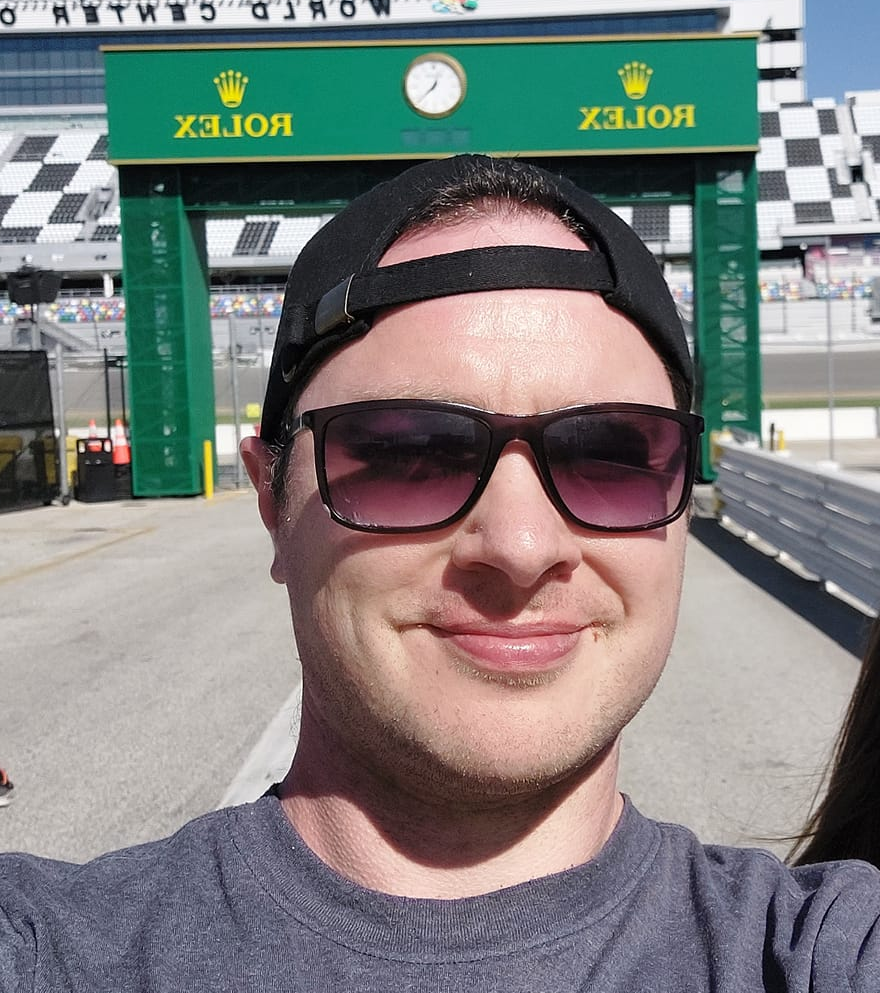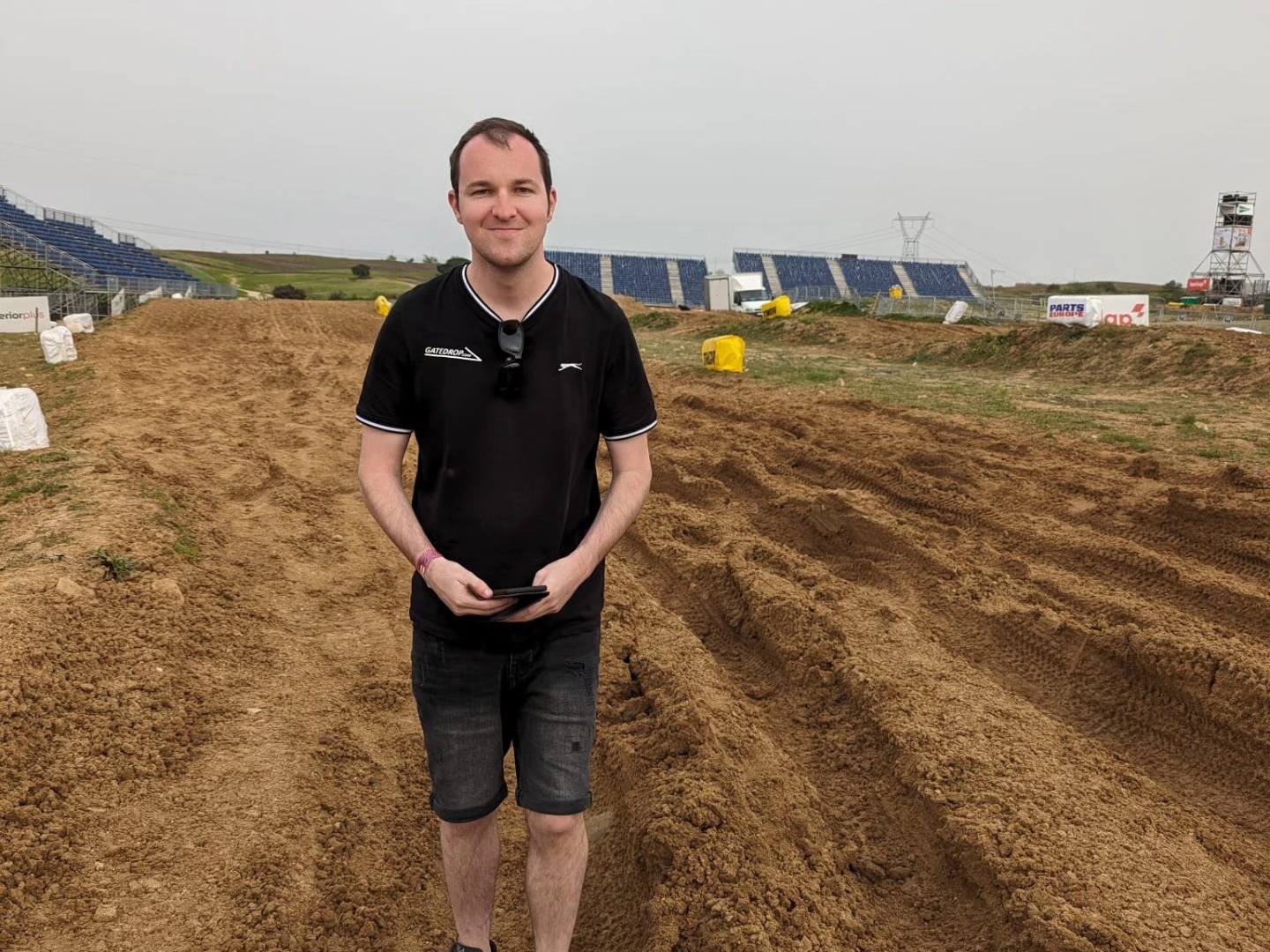You could argue that Jacky Vimond has been the catalyst for the success of French motocross in the last 30 years.
The 1986 250 world champion was the first French world champion and paved the way for an avalanche of French talent since. But that wasn’t the end for Vimond who, after continued success in Grand Prix racing following a serious injury, would go into coaching and be pivotal in helping the careers of the next wave of French talent such as Yves Demaria, Sebastien Tortelli, Stephane Roncada and David Vuillemin to name a few during the 90s!
Today, Vimond is still heavily involved with the sport coaching Romain Febvre and he also worked with British talent, Ben Watson, in 2018 and 2019, helping Ben to achieve a fourth place in the world champion in his first season with Kemea Yamaha. We caught up with the classy Frenchman to talk about his riding career as well as his illustrious coaching career.
How did you originally get into the sport?
My dad was doing motocross first, and my older brother after him. As there were no races in France for younger than sixteenths, and fortunately living in Normandy, we were going to UK to do School Boy races. We were a bit ridiculous with our home made bikes, compared with the guys over there, almost professionals: in France there wasn’t a real market for MX yet, so we had customised our road bikes to race motocross!

You became France’s first ever World motocross champion in 1986, what do you remember of that season?
Coming from 1985, in which I lost the title for only 2 points, I really didn’t want to live the same scenario again. So after my victory on the first GP, my only goal was to increase the distance from the rest of the riders. I only missed one GP in that season: in Belgium I crashed badly twice, no points taken at all. At the end of that day I new that this couldn’t happen again, I needed to win everything and the next GP in Switzerland I won the 2 motos. Becoming World Champion with more than 80 points on the second place roder, this was my best satisfaction.

Was there extra pressure to become the first guy front France to win a world championship?
The big pressure from the media was on my shoulders mostly in 1985, as for the first time a French rider was so close to the title. Maybe the deception of the lost title calmed them down a lot the next year: it was like if they didn’t want to bet on that possibility again, afraid of loosing their image! So they came back to me only at the end of the season, when the title was already mine.

Do you feel that you unlocked a door for others? France has had many champions from then plus the MXoN wins?
From my experience, after seeing Jean Jacques Bruno winning some GPs, I realised that it was possible, that this result could be obtained even by someone else. It’s always easier when the path is already set. I think it was the same for the Champions who came after me.
You had an accident at your championship party that would affect your career, but you still had decent success and won GPs, how hard was it to come back from that?
My rehabilitation (from a broken back) lasted a whole year, during which my doctors’ goal was to put me back on my legs; mine, instead, was to get back on the bike.
My bigger payoff was the GP victory in Sweden: all the job done to my coming back could find a meaning.
You coached some of the best French riders who went on to be some of the best in the world in the 90s, how did you get into that and what type of things did you do with those guys, technique, physical training or more mental coaching?
In my way to see coaching, it’s not possible to separate technique and physical from mental training. A good technique requires good physical bases, and being ready physically needs to have strong mental, knowing what you do and why you do it. The enthusiasm you put on what you do is the little difference that you can make.

Yves Demaria had a lot of talent, Sebastian Tortelli a lot of determination and corner speed, what were you assessments of those diverse riders and how were they to work with? Are there any other riders stood for for various reasons, maybe that you enjoyed working with or felt you helped achieve their potential?
Obviously every rider has his personality and the aim isn’t to change it, but working with it and getting out the best you can. Demaria for example needed to feel self-confident but he wanted that this comes from him, so I had to turn things like if they were coming from himself, not from me. Tortelli trusted me completely, but I couldn’t make any mistake because this would have put him in total confusion. Every person is an interesting subject to work with, Socrates was saying that solutions are inside each of us, what you can do is help people to find them.

Moving to the present time, you have worked with Romain Febvre and Ben Watson, Have styles riding styles changed much and have you had to adapt that?
Both Romain and Ben had some little things to work on, but first step was being sure that they had the necessity of changing something. After then we can start working, as they are willing to look for what is missing or wrongly done. I am there as the tool to make a change.
You helped bring Ben (Watson) to the best years of his career, what are your thoughts on him and what he could still potentially achieve?
With Ben we met at the very beginning of his career, from my point of view: he’s way far from his higher potential yet. Some of the riders can achieve their goals in a very short time, some others, for different reasons, may need more time, to fit all parts together. When all the pieces of the puzzle will stand along, Ben will be a serious contender in any class.

Do you have a basic philosophy of coaching that even an amateur can use to improve?
There is not ONE method, but a method for each different person. I think that first step is to seriously know which goal as to be achieved, because on this base the training plan can be made. Higher goals will suppose for sure a deeper investment. But even an amateur whose target is the league, can plan a specific training to be ready for that. We should be honest with ourselves, and decide if all sacrifices we will be asked to do, are worth the objective, otherwise it would be better to keep it as a hobby and enjoy just riding.
Thanks to Manola for helping me with English.

Interview: Jonathan McCready
Images courtesy of Jacky Vimond

















